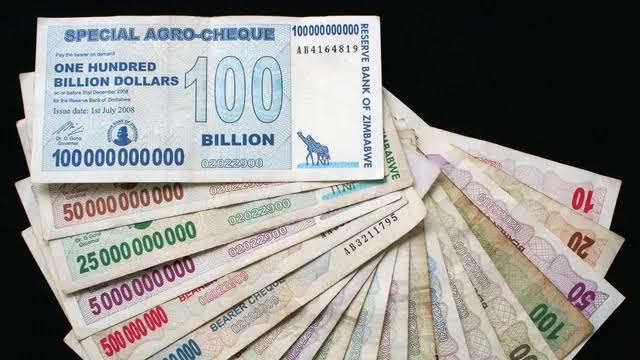
Faith Nyasuguta
Zimbabwe’s government has made a significant economic announcement , revealing plans to introduce a gold-backed currency to replace the struggling national dollar.
The current currency, known as the dollar, bondnotes, or ZWL, has faced depreciation and a lack of trust from businesses, resulting in its limited use compared to foreign currencies like the U.S. dollar or South African rand.
Minister for Finance and Economic Development Mthuli Ncube emphasized the goal of achieving currency stability and sustaining economic growth.
In an online press conference, Ncube stated, “Going forward, we want to make sure that the growth we have achieved so far is maintained and even increased. We can only do that if we have further stability in the domestic currency… And the way to do that is perhaps to link the exchange rate to some hard asset such as gold.”
While the introduction date for the gold-backed currency was not specified, Ncube’s announcement highlighted the government’s determination to break the cycle of currency instability that has plagued Zimbabwe since gaining independence in 1980.
Economist Prosper Chitambara acknowledged the potential benefits of controlling money supply and stabilizing currency value by linking it to gold. However, he emphasized the need for fiscal responsibility, calling for measures such as fiscal discipline, consolidation, and restructuring public spending to eliminate waste and nonproductive expenditures.
Chitambara stressed the importance of monetary discipline, urging controls on supply and institutional reforms to address inefficiencies in state-owned enterprises. He pointed out that Zimbabwe has faced losses by subsidizing loss-making parastatals and entities, emphasizing the necessity of addressing these financial challenges.
Steven Dhlamini, an economics professor at the National University of Science and Technology, emphasized that the success of the gold-backed currency hinges on establishing public confidence. Trust in the government’s transparency and accountability regarding gold production and currency printing will be critical for the new currency’s acceptance and stability.

Dhlamini highlighted the need for the government to prove its commitment to transparency, stating, “Once the trust is established, then that is critical in ensuring the currency will be acceptable and will be stable.” The success of the transition will depend on the government’s ability to inspire confidence in the population regarding the gold-backed currency’s reliability.
Additionally, the decision to introduce a gold-backed currency comes at a time when many African countries are grappling with weakening currencies against the U.S. dollar. The decline in the value of African currencies poses challenges for foreign trade, as investors may hesitate to engage with countries with unstable currencies, fearing rapid value loss.
The move by Zimbabwe to link its currency to gold reflects a broader trend in the region, where countries are exploring alternative strategies to stabilize their economies and attract investment.
As these nations navigate economic uncertainties, the success of such initiatives will depend on effective implementation, transparent governance, and sustained efforts to address underlying economic issues.
RELATED:




